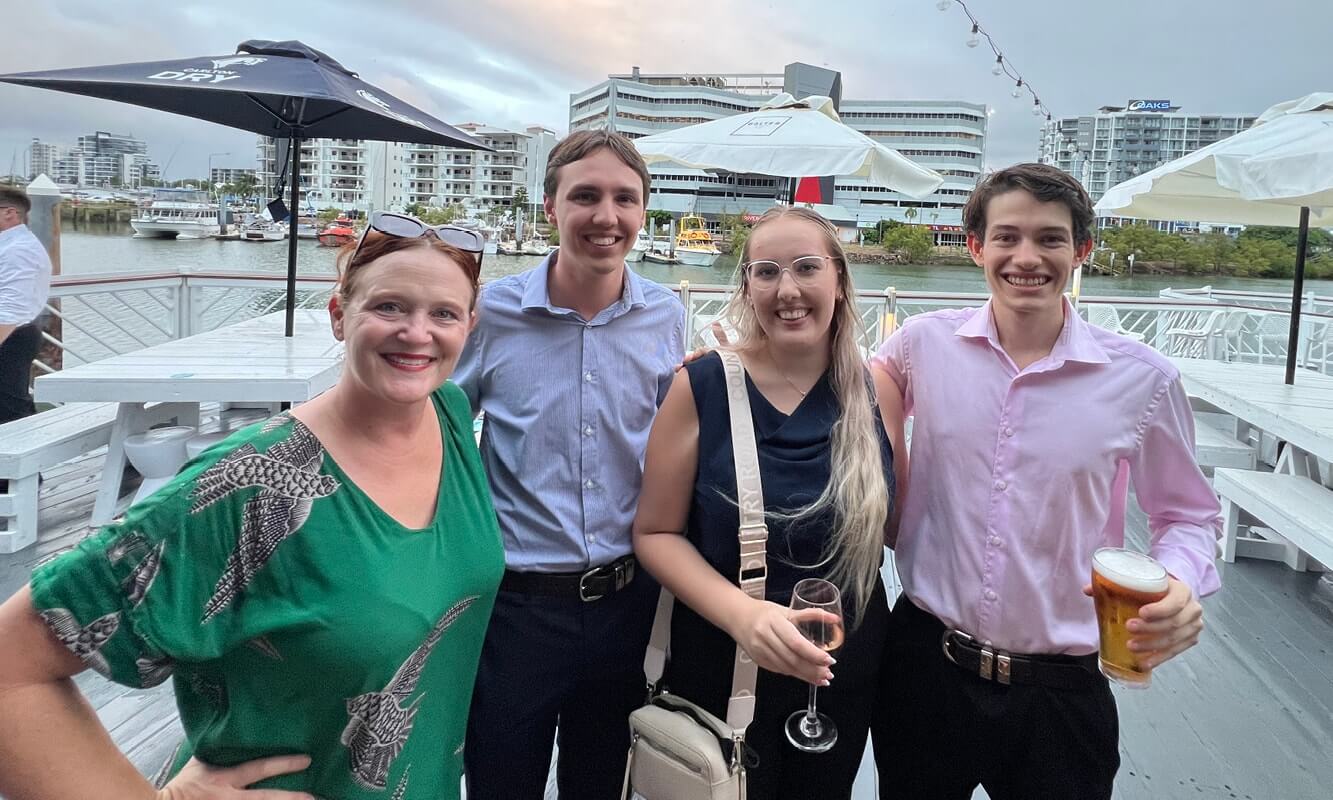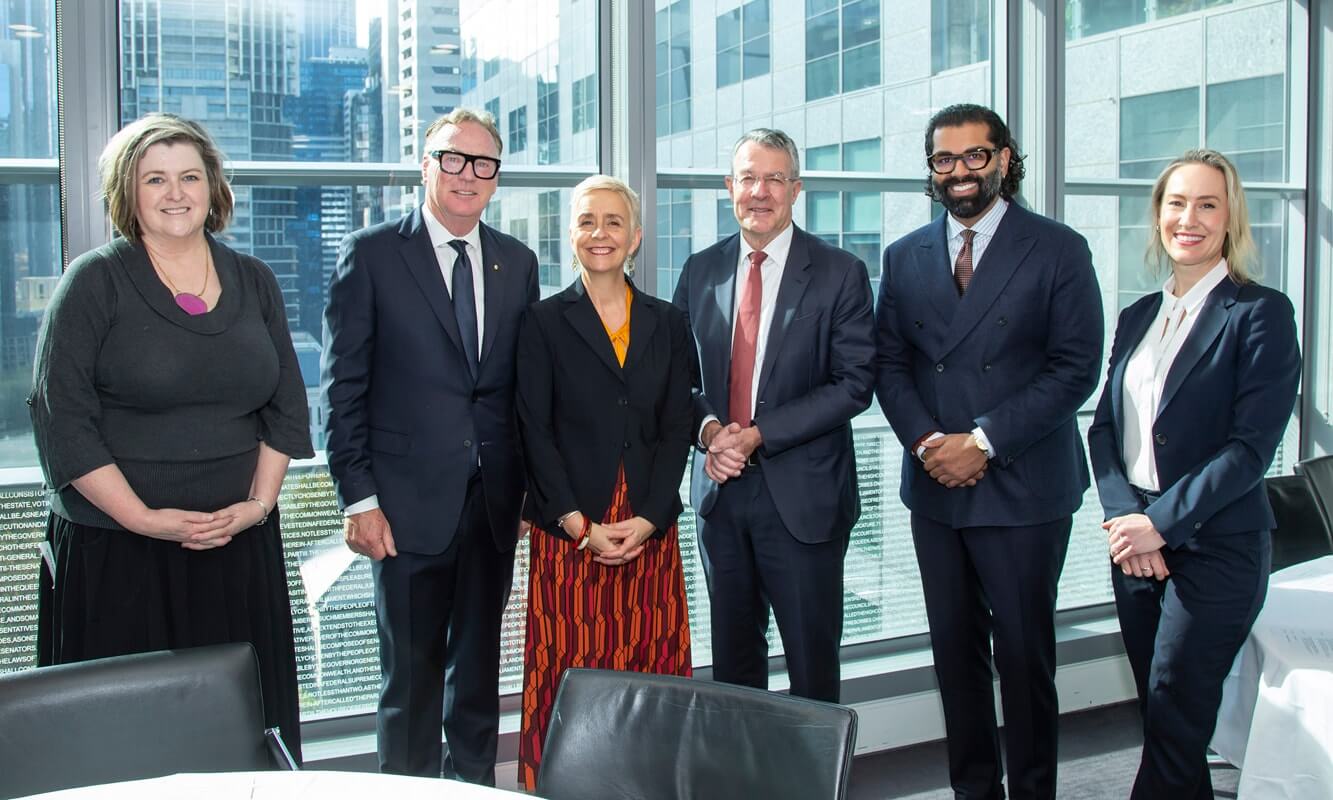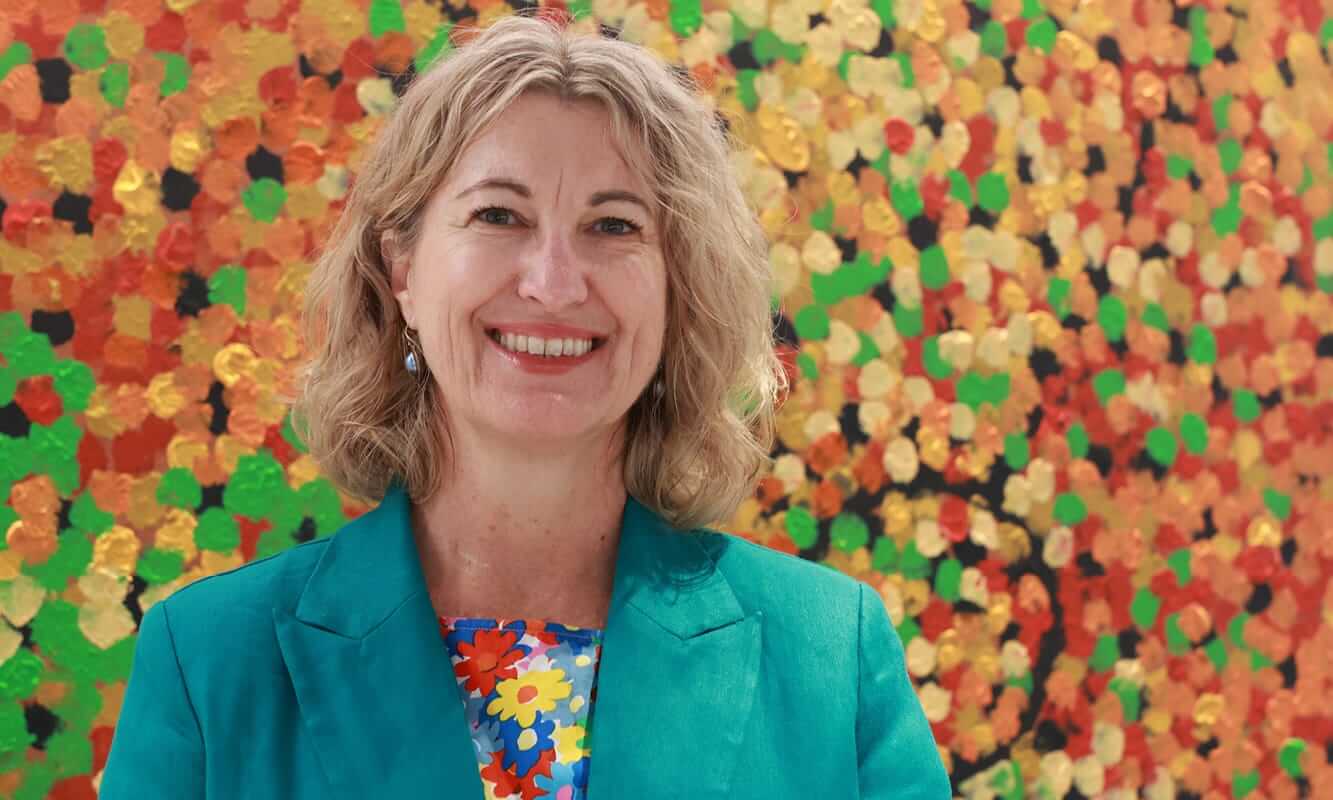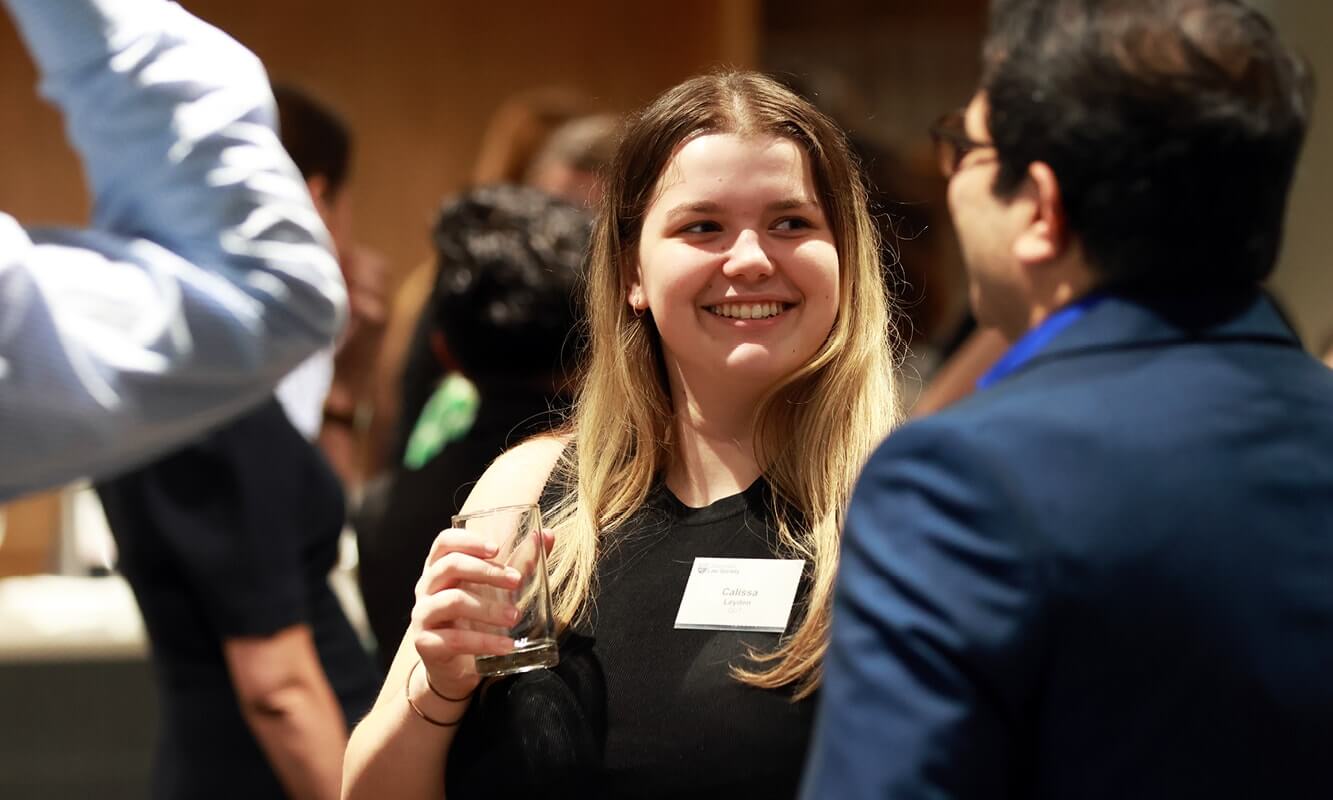One of the young members of Queensland Law Society, Oliver Collins, recently passed away.
Oliver was remarkable in a number of respects. He achieved good grades at high school at Gregory Terrace and then in law at the University of Queensland.
He worked in a stressful job in commercial litigation at King & Wood Mallesons. He had taken out a mortgage and was living in a New Farm apartment.
Oliver had a surprising like of both expresso martinis and striking clothes that tested the boundaries of ‘work acceptable’. He was also suffering a disability.
Oliver suffered from fibrodysplasia ossificans progressiva (FOP for short). It is one of the rarest diseases in the world, and there is little awareness of it.
In essence, it means that your muscles, ligaments and tendons solidify into bone if they suffer any trauma, like a bump, so slowly movement is restricted. Very few people have it in Australia. There are well under a 1000 sufferers worldwide.
Oliver was an active member in the FOP community and an advocate for individuals generally. Anyone who has listened to his podcasts or his evidence at the Disability Royal Commission would understand the passion he had for raising awareness of his condition but also being an advocate for others to have opportunities. Interestingly, last Friday (23 April) was International FOP Day.
One group Oliver did support was Teenage Adventure Camps Queensland – an organisation that slips under the radar but runs camps for disabled children. It gives young people a chance to meet others and give things a go. It also gives loving parents, family and carers a little break from the continuous need for supervision.
Oliver was much loved at work at KWM. Some people kept Oliver at a distance through uncertainty of how to act, some discomfort or just a sense of apathy. But that is like life in general. Most people dealt with Oliver at face value, which is what he wanted.
He made some good friends and the degree of kindness and acceptance that people were prepared to give were often my benchmark of a person’s character. I was often surprised by those who showed genuine kindness, which manifested in simply talking to Oliver, or making sure he was included in conversation, or someone was watching his back when out, ensuring he got home safely if he had a few drinks.
He was a good lawyer. As Oliver often said, he used his brain. Like all youngsters I sometimes had to pull him up and slow him down – usually a right answer is better than a quick answer! But he learned.
Oliver had a great command of the computer systems and he was very helpful in organising documents for matters. Curiously, Oliver really came to fore during COVID. Oliver took on the task of daily updating nationally all the various state and federal heath directives for the firm. As a consequence, his hub of information became integral to the firm’s various COVID responses and I received many compliments from senior partners in the firm for Oliver’s grand work. Very few knew of his condition and all were very surprised to find out.
Even at a young age, Oliver contributed to the profession. He was involved in the QLS Diverse Abilities Network. He showed great courage in appearing at the Disability Royal Commission.
I was struck by what Oliver said about his working environment – he initially tried to be ‘normal’, so did not ask for any form of assistance with his workspace, then he realised what was ‘normal’ was to ask for assistance – the right chair, a higher workstation etc. Everyone else was doing it.
We sometimes take very simple things for granted and don’t realise the impact they may have for others. It made me realise there are really two critical aspects for young lawyers in assessing their work culture – will they have your back if something goes wrong, such that it is the firm’s issue, not just yours alone? And secondly, will you ask for help if needed – be it a higher desk or a problem? We sometimes get carried away with gym memberships, free lunches and so on, but sometimes it is really those human values that differentiate.
Oliver touched a lot of people because he always was a positive, upbeat person. No doubt he had dark moments, but to his work colleagues, he was an example of what could be done. His smile and joy very often banished difficult moments that people may have been feeling in their own lives. It was a rare gift. I have known no other who could give it. By simply being there and engaging with others, his courage and open-mindedness helped many realise their own issues were not as bad as they thought.
We are very sad over his passing. But it was a life very well lived and Oliver will be greatly missed.
QLS Diverse Abilities Network: Remembering Oliver Collins
Justin McDonnell is a partner at Partner King & Wood Mallesons.












Share this article